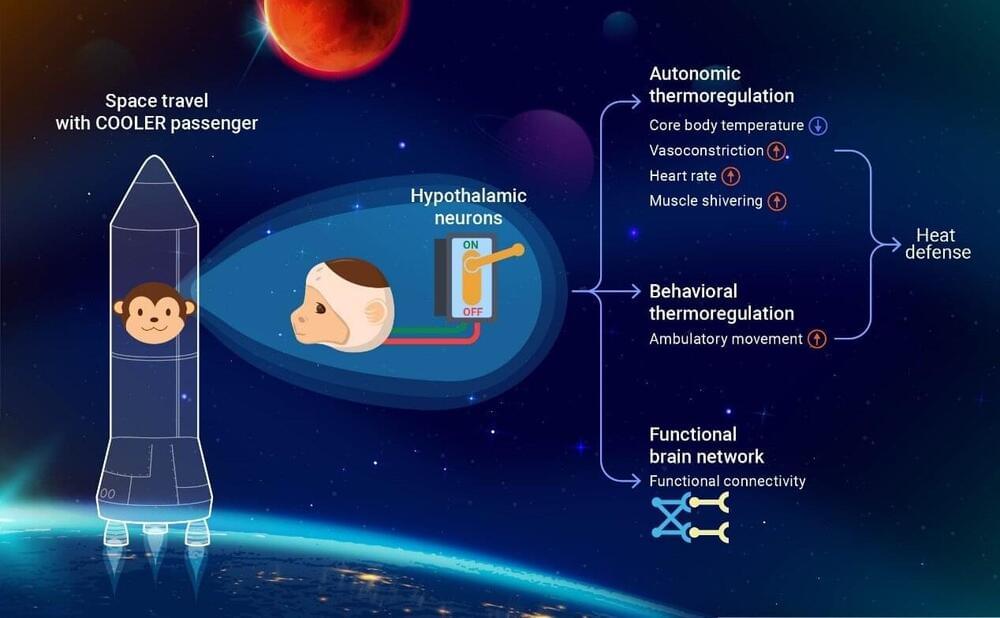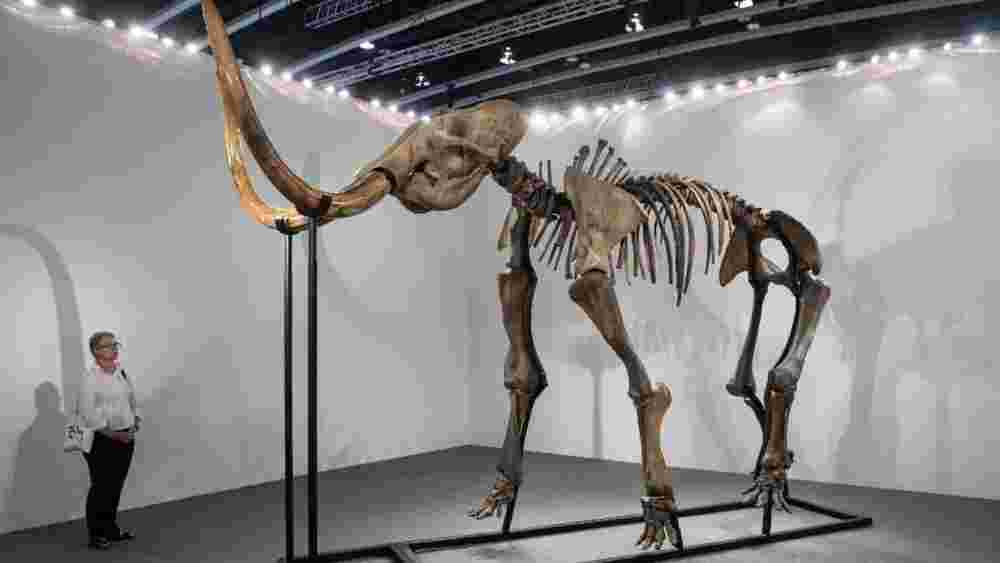Check out all the on-demand sessions from the Intelligent Security Summit here.
Tomorrow morning, I head south. Straight down I-95, from central New Jersey to northeast Florida, where I will be setting up my laptop in St. Augustine for the next two months. It’s about as far from Silicon Valley as I can be in the continental U.S., but that’s where you’ll find me gearing up for the first artificial intelligence (AI) news of 2023.
These are the 5 biggest AI stories I’m waiting for:







